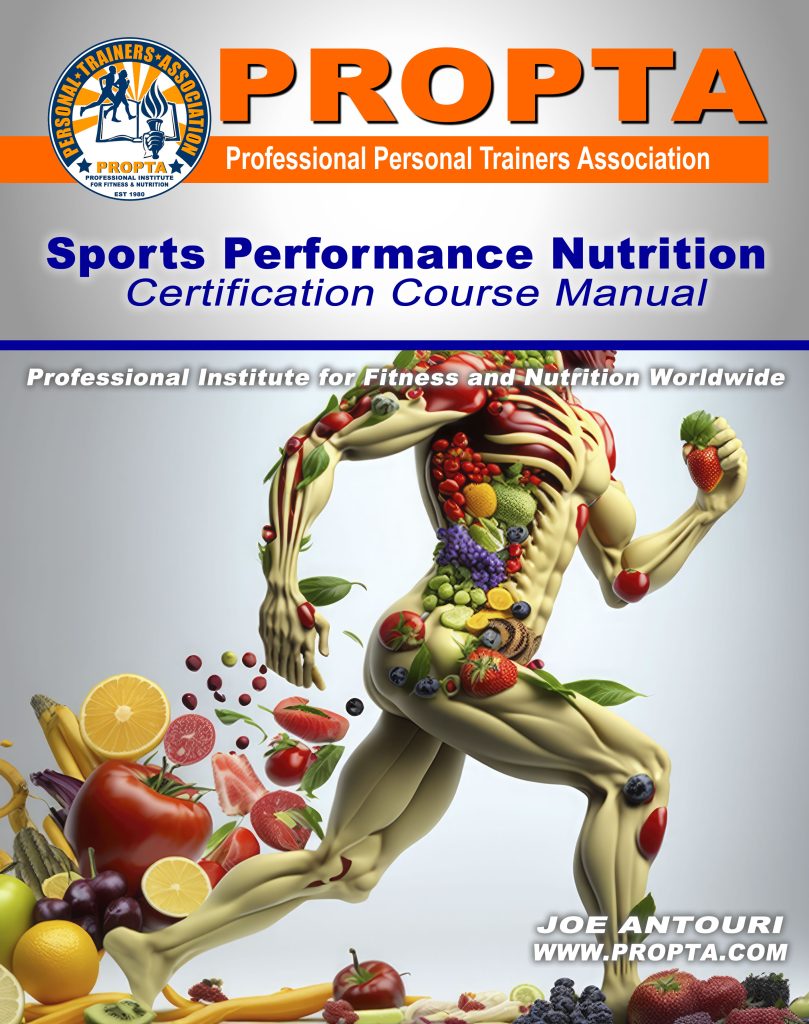Sports nutrition degrees
The demand for nutritionists and dietitians with specialized knowledge and training about the nutritional needs of athletes is on the rise. The field is projected to grow by 11%, which is faster than average, according to Bureau of Labor Statistics gto vs exploitative.
Working as a sports nutritionist can be a challenging yet rewarding career, particularly for those who are genuinely interested in how diet and nutrition affect the human body and athletic performance.
The sports nutrition program focuses on the application of nutrition principles as they relate to sport and human performance. With this degree, you will be prepared for a career in industries related to sports, food or fitness, including product development and research. You may choose to supplement your academic training with national certification in a specific area, including personal trainer, strength and conditioning coach or health coach. Academic plans may also be made for you to pursue the path to become a Sports Dietitian.
Sports nutrition degrees
The two-year Fitness and Health Promotion Ontario College Diploma program prepares you to perform the roles and responsibilities of fitness and health consultants who plan, promote, and deliver a wide variety of services. These include activity and educational programs that enhance the health, fitness, and well-being of individuals and groups in diverse settings.
A sports nutritionist works with athletes to develop meal plans, evaluate the results and make adjustments as necessary. Food recommendations are based on sound scientific findings, the client’s personal preferences and cost concerns.
Though there are many similarities between nutritionists and dietitians, primarily in that they both strive to help people live healthier lives via the foods they eat, these occupations are not the same. The biggest difference between these two occupations is that nutritionist is not a legally protected title. That is, in many states, anyone – regardless of their education or work experience – can call themselves a nutritionist.
According to the Bureau of Labor Statistics, as of May 2021, the average salary for nutritionists was $65,620. Early career professionals earned about $49,490, while those with extensive experience earned about $93,640 during this time.*
The sports nutrition program focuses on the application of nutrition principles as they relate to sport and human performance. Students will explore how nutrition impacts performance. Graduates will be prepared for careers including sports nutrition, personal training or work in the fitness industry, including product development and research. Students may choose to supplement their academic training with national certification in a specific area including personal trainer, strength and conditioning coach or health coach.

Elite sports nutrition
To be sure, the challenge isn’t always just about knowing what and how much to eat. It’s also important to recognize that life circumstances can impact good nutrition. For example, youth athletes living in urban areas or in lower-income households may have difficulty getting regular access to high-quality foods, like fresh fruits, vegetables, and meats.
10. Liu AG, Ford NA, Hu FB, Zelman KM, Mozaffarian D, Kris-Etherton PM. A healthy approach to dietary fats: understanding the science and taking action to reduce consumer confusion. Nutr J. 2017 Aug 30;16(1):53.
Athletes need carbs to be at their best. If you don’t get adequate amounts, your energy levels will suffer. This negatively affects not only your physical performance but also your mental performance—causing slower reaction times, poor decision-making, lack of focus, and deterioration of technique (think: throwing, shooting, and running mechanics).9
ESN stands for maximum performance with maximum taste. Our products undergo strict controls and contain only high-quality ingredients. The result: a top-class taste experience, unmatched in the high-performance segment. So that you can give your all every day for your sporting goals, without compromise. Learn more about our own Aroma Lab, the place where our unique ESN taste is created.
Intense athletic training and competition can deplete micronutrient stores.9 Micronutrients—which include vitamins, minerals, and phytonutrients (healthful substances found in plants)—are involved in hundreds of metabolic processes that influence energy levels, appetite, strength, endurance, and mood. So they’re critical, for both performance and overall health.
Eat 0.65 to 1 gram of protein for every pound you weigh (1.4 to 2.2 grams per kilogram). Some athletes may benefit from slightly more protein, but this is a good target for most. This recommendation is based on research that shows this is the upper range needed to maximize muscle growth and training adaptations for most people.7,8

